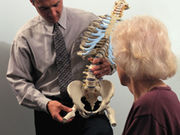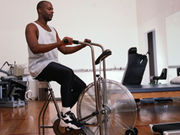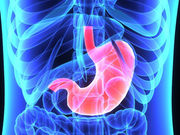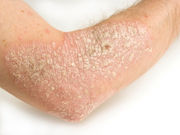Thoracic Kyphosis Not Tied to Physical Function
Findings based on follow-up from the Framingham Heart Study
Links Between Emotional Well-Being, Aesthetic Dermatology
Greater knowledge of aesthetic dermatology tied to better emotional well-being
CDC: More U.S. Teens Starting HPV Vaccination
60.4 percent received one or more doses in 2016, but many not completing series
Only One-Third of Heart Attack Patients Enter Cardiac Rehab
Reasons why not include race, age, education level, and insurance
Minimally Invasive Sx Use Up for Paraesophageal Hernia Repair
In 2012, MIS approach used in ~80 percent of PEH repairs; increase linked to reduction in mortality
Noninvasive Test for NASH, Fibrosis in Patients With Psoriasis
Correlation for cumulative methotrexate dose with higher score on NASH FibroSure in women
More Evidence Evolocumab Exceeds Cost-Effectiveness
Findings for addition of evolocumab to standard tx in atherosclerotic cardiovascular disease
Lithium in Drinking Water Linked to Dementia Incidence
Significantly reduced incidence of dementia in those exposed to more than 15.0 µg/L
ART Era Has Changed Secondary Cancers After Kaposi Sarcoma
Certain cancers -- ALL and cancers of the tongue, penis -- becoming more common
Insufficient Sleep May Lead to Increased Risk-Taking Behavior
Chronic sleep restriction but not acute sleep deprivation associated with financial risk seeking














